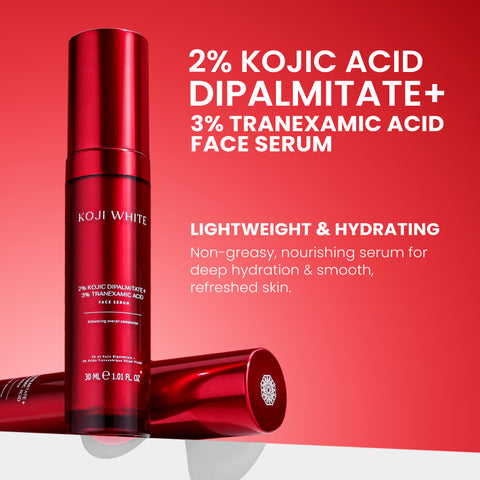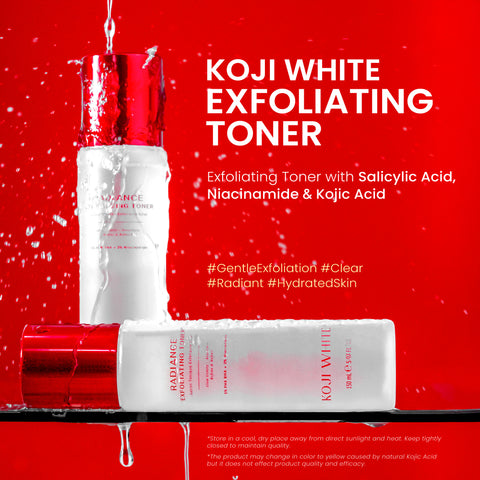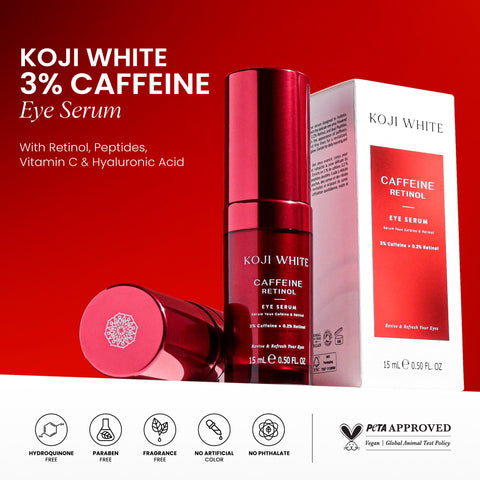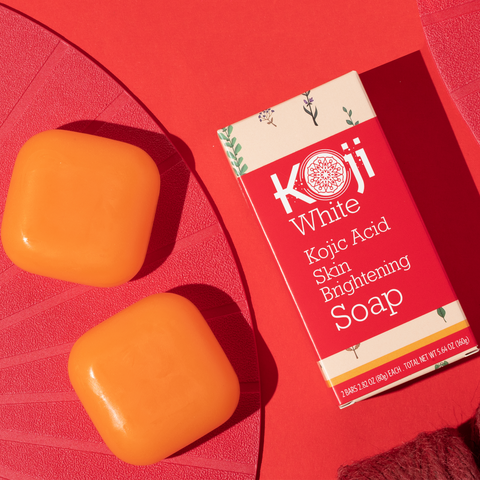
Glycerin, also known as glycerol, is a polypol that is non-toxic, colorless, and odorless and is widely utilized in a variety of sectors. It has the chemical formula C3H8O3 and is a byproduct of soap and biodiesel synthesis. Glycerin is recognized for its capacity to attract and hold moisture, making it an important element in many products that require hydration. Its distinct qualities and adaptability distinguish it as one of the most commonly utilized compounds. In this blog article, we will go further into the numerous applications of glycerin in various sectors.
- Personal Care and Skincare Products
Because of its capacity to retain moisture, glycerin is a common component in skincare and personal care products such as moisturizers, lotions, and soaps. It's also found in hair products like conditioners and shampoos. Glycerin is also useful in treating skin conditions such as eczema, dermatitis, and psoriasis. It is suitable for delicate skin and infant care products due to its soft nature.
- Industry of Food and Beverage
Glycerin is utilized as a sweetener, solvent, and humectant in the food and beverage industries. Glycerin, as a humectant, aids in the retention of moisture in food, keeping it moist and soft. It also aids in the prevention of crystallization in confectionery, ice cream, and frozen desserts.
Furthermore, glycerin is utilized as a solvent in the manufacture of tinctures and extracts, as well as a sweetener in low-calorie meals, chewing gums, and drinks.
- Pharmaceutical Business
Glycerin is an important element in the pharmaceutical business for a variety of reasons. It is utilized in medicine formulations as an excipient or as a non-active ingredient. Because it is non-toxic and water-soluble, it may aid in the absorption of some drugs. Glycerin is also utilized in cough syrups and throat lozenges as a demulcent, which is a chemical that soothes inflamed mucous membranes.
- Chemical Manufacturing
Glycerin is also utilized as a raw ingredient in the chemical industry to make compounds such as epichlorohydrin, propylene glycol, and polyurethane. It's also utilized as a plasticizer in the manufacture of flexible polymers like polyvinyl chloride (PVC) and polyurethane.
- Other Applications
Aside from the sectors described above, glycerin is used in the manufacture of paints, printing inks, and textiles. It is also utilized as a humidifying agent in the tobacco business.
Finally, because of its unique qualities, glycerin has a wide range of applications in a variety of sectors. Its capacity to draw and hold moisture makes it a crucial element in the majority of hydration-required goods. It is non-toxic, odorless, and colorless, making it suitable for a variety of uses. Glycerin's versatility enables its use in a wide range of industries, including cosmetics and personal care, food & drinks, and medicines. As a result, glycerin remains an important component in many facets of our everyday lives, and its applications will undoubtedly expand in the future years.









